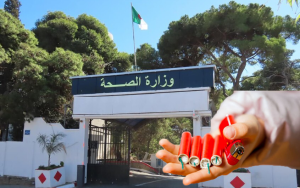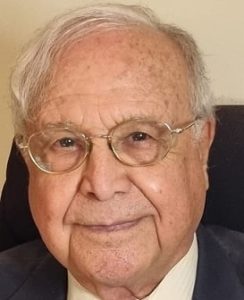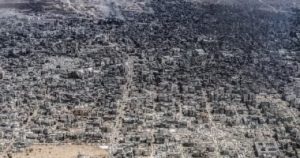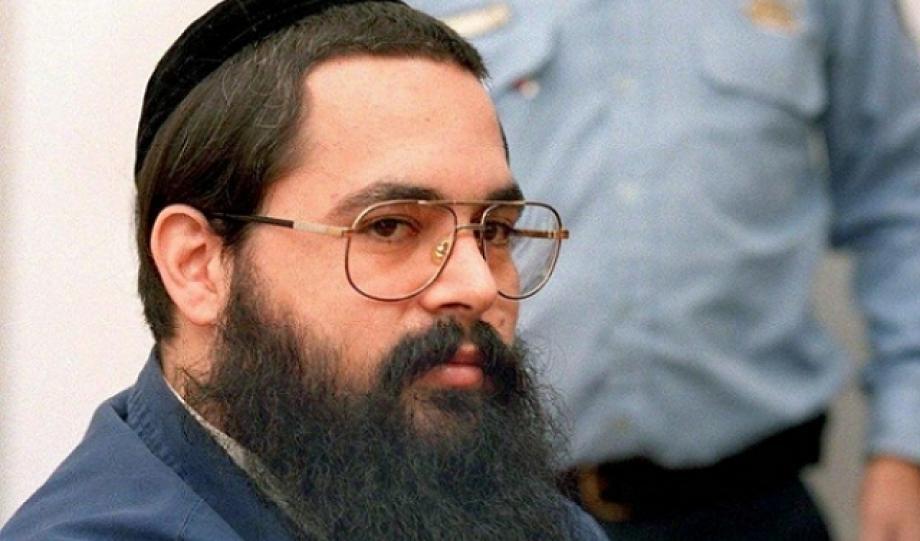Any decision will only be made after reviewing reports from the competent authorities according to the law.
According to the report, these individuals requested sentence reductions based on what they called “equality” with the easing of sentences or release of Palestinian prisoners in previous deals. Most of these requests were rejected, but the option to shorten Boiber’s sentence—without immediate release—has become seriously considered.
It is noted that Boiber’s prison sentence currently ends in 2030 if no changes occur. Boiber was initially sentenced to seven life terms after stealing a weapon from his soldier brother and shooting Palestinian workers at the “Gan Haveradim” junction in Rishon Lezion.
In 1999, former Israeli President Ezer Weizman, based on the recommendation of then Justice Minister Tzachi Hanegbi, decided to reduce the sentences of seven Jewish terrorists including Boiber, reducing his sentence to 40 years.
This decision was based on what was then described as the principle of “balance” with the widespread release of Palestinian prisoners. Since then, this precedent has become the basis for pressure campaigns by right-wing organizations such as “Honenu,” which represents Jewish terrorists, working to convince ministers, Knesset members, and rabbis to grant Boiber additional privileges.
The newspaper noted that the parole committee rejected Boiber’s early release request last November, following clear opposition from the prosecution and the Shin Bet security service, which warned that any further leniency might encourage “copycat” attacks among other extremists.
Boiber’s defense, on the other hand, relied on what they considered his “integration into society,” noting that he leaves prison daily for work and returns in the evening, and reiterated his claim that he was sexually assaulted by a Palestinian worker before committing the massacre.
The office of the Israeli president responded to the report saying: “We received a request to reduce the sentence based on the precedent set by President Weizman regarding prisoner deals. No decision has been made yet, and it will only be considered if a deal to recover prisoners is reached, which is undoubtedly an important goal.
On May 20, Boiber opened fire with a military rifle on Palestinian workers from the Gaza Strip who were waiting at a work bus stop near Rishon Lezion, killing seven and injuring ten others.
The massacre was followed by widespread protests in Gaza resulting in 19 martyrs during a week of clashes, known in Palestinian memory as “Black Sunday,” while the massacre committed by Boiber became known as the “Ein Qara Massacre.”
The victims of the massacre were: Abdul Rahim Muhammad Salem Breika (23), Ziad Musa Muhammad Sweid (22), Zaid Zidan Abdul Hamid Al-Amour (23), Suleiman Abdul Razzaq Abu Anza (22), Omar Hamdan Ahmed Dahleez (27), Zaki Muhammad Muhammadan Qadih (35), and Youssef Mansour Ibrahim Abu Daqa.













Recommended for you
Exhibition City Completes About 80% of Preparations for the Damascus International Fair Launch
Talib Al-Rifai Chronicles Kuwaiti Art Heritage in "Doukhi.. Tasaseem Al-Saba"
Egypt Post: We Have Over 10 Million Customers in Savings Accounts and Offer Daily, Monthly, and Annual Returns
Unified Admission Applications Start Tuesday with 640 Students to be Accepted in Medicine
His Highness Sheikh Isa bin Salman bin Hamad Al Khalifa Receives the United States Ambassador to the Kingdom of Bahrain
Al-Jaghbeer: The Industrial Sector Leads Economic Growth